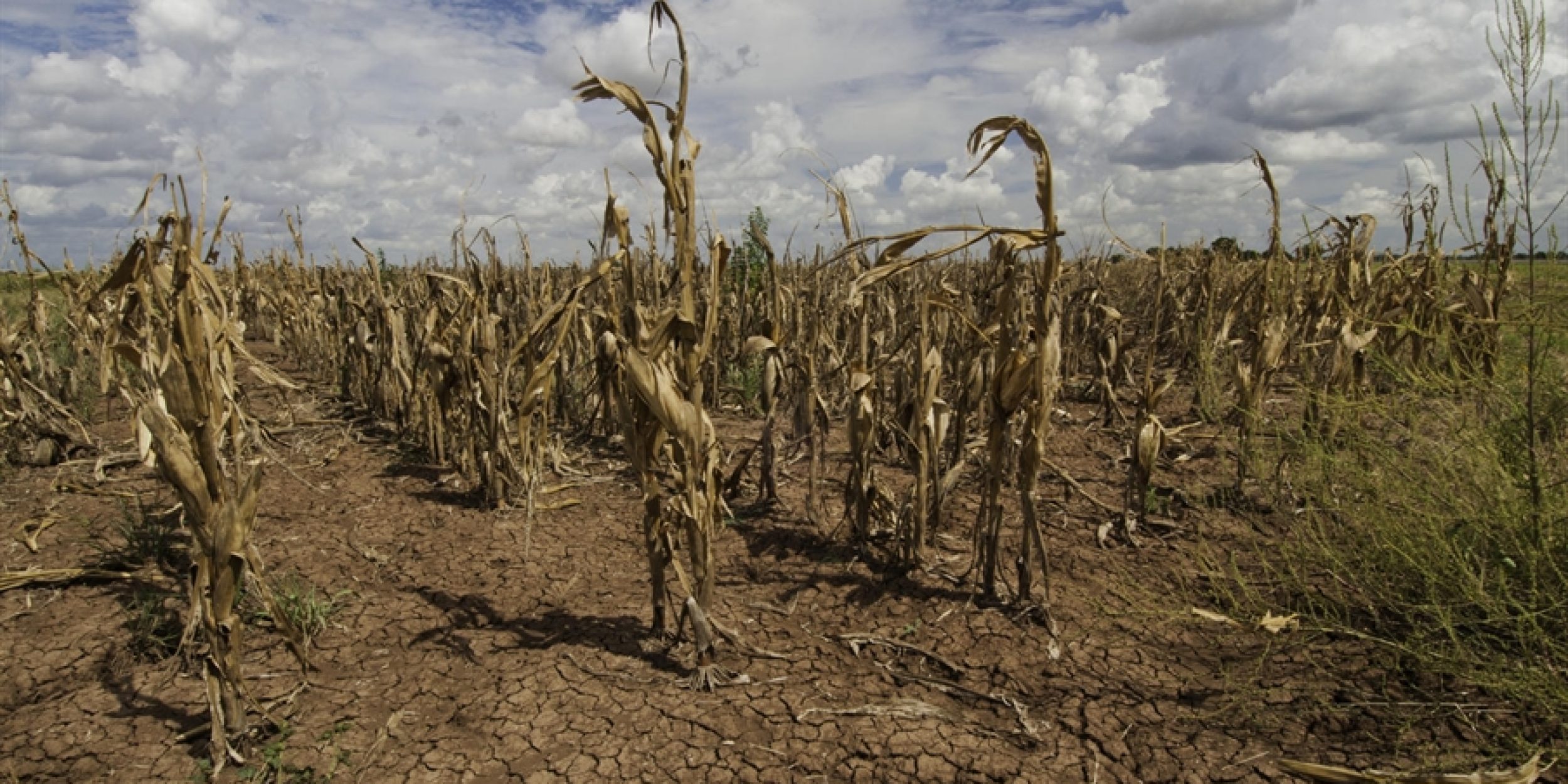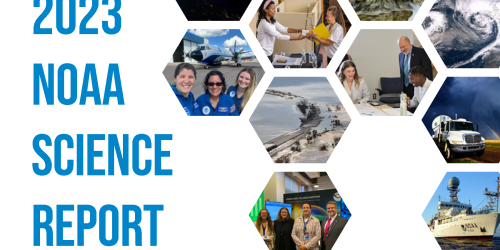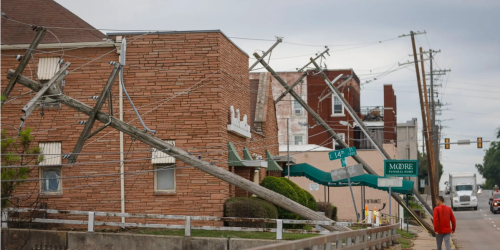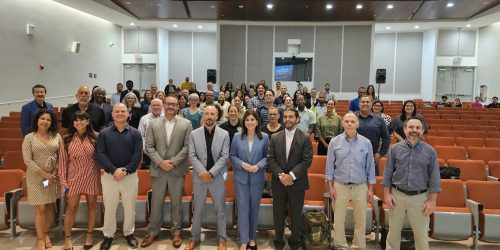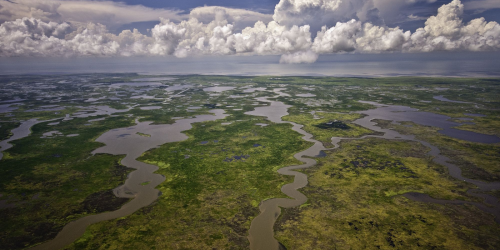Extreme events like drought can create a window of opportunity for policy change, but they do not always seem to drive organizations toward adaptation. With communities across the Western U.S. facing increasing drought risks, new research, led by the Western Water Assessment (a CPO RISA team) and funded by the Sectoral Applications Research Program’s (SARP) Coping with Drought initiative in partnership with the National Integrated Drought Information System (NIDIS), studied how water managers responded in the wake of two significant Western Colorado droughts in 2002 and 2012 to better understand what motivates adaptive change. Through interviews and focus groups, overall they found that systems did not uniformly decide to change their policies in the wake of drought, and even well-prepared systems were driven to change policies by other pressures, such as peer-system pressure and political pressure from residents. However, political pressure can both help and hinder the adaptation process. According to the authors, organizational worldviews were important mediators of whether or not the experience of drought manifested in organizational changes. Their findings have important implications for assumptions about what might drive organizational learning and change among water managers for climate adaptation in the future.
Climate-related extreme events can, but do not consistently, motivate change for water managers
